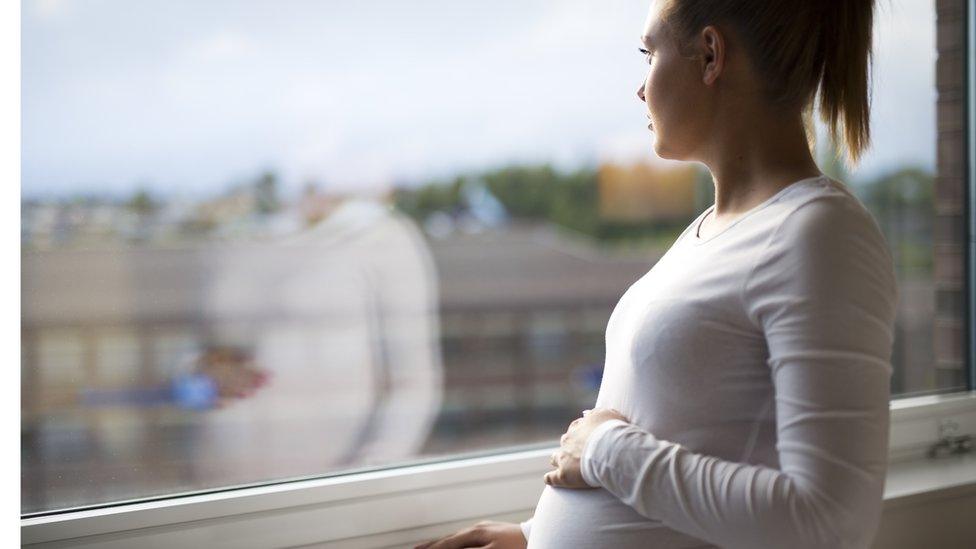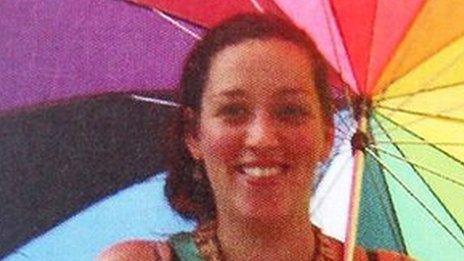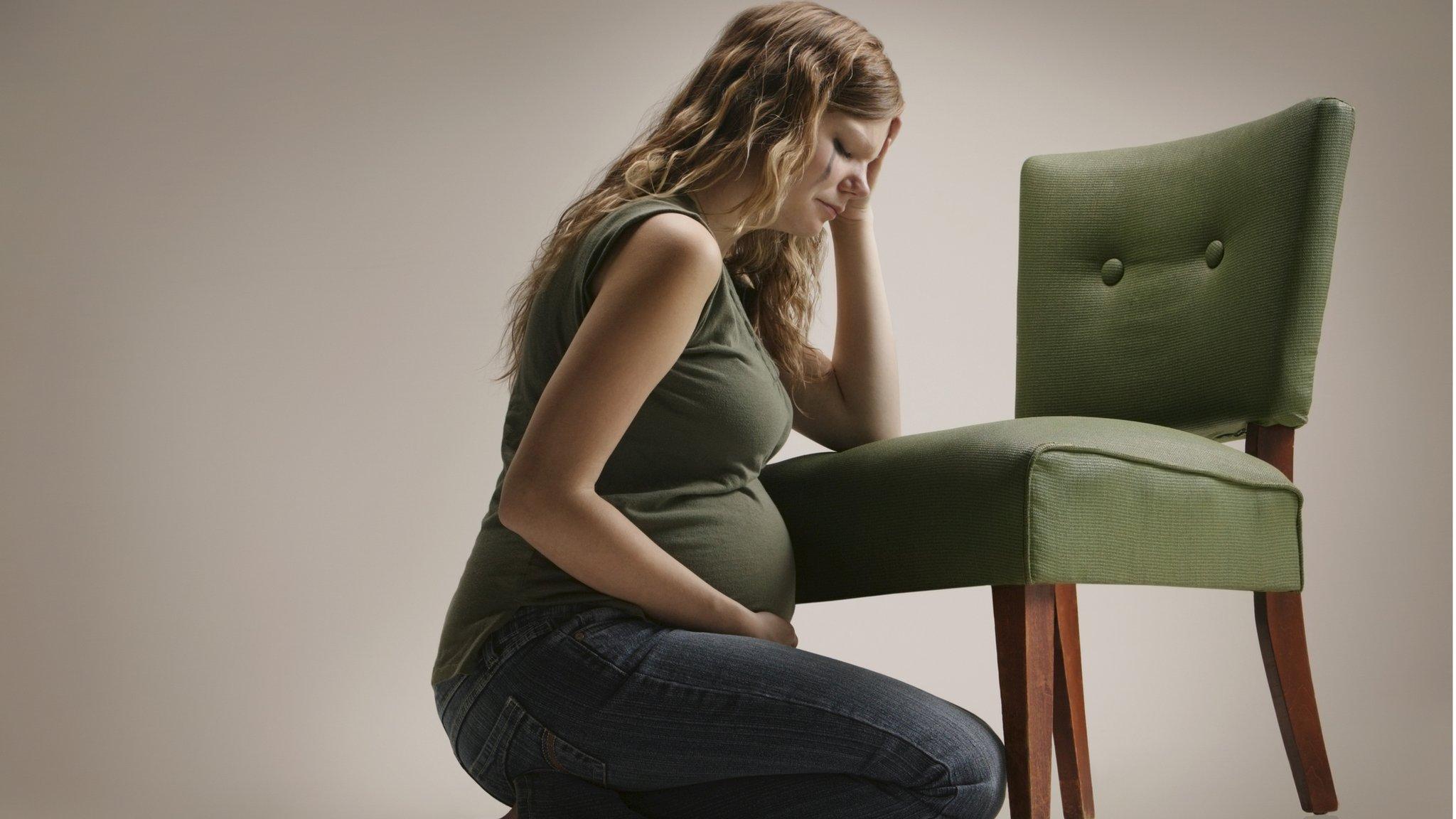Mental health care fund for pregnant women and new mums
- Published

NHS England is inviting applications for funding to improve care for women with serious mental illness during pregnancy or soon after birth.
Some women may suffer from depression, anxiety or psychosis at this time.
Currently, 40% of local NHS areas do not provide any services for these women.
The initial £5m of funding will increase to £40m by 2018 - and is part of a £365m government commitment to perinatal mental health services.
Specialised care
More than one in 10 women develop a mental illness during pregnancy or within the first year after having a baby, known as the perinatal period.
And figures show that suicide is the second most common cause of maternal death, after cardiovascular disease.
These women need specialised care and support, which only 15% of local NHS areas provide, and in the most serious cases they will need to be admitted to psychiatric units for mothers and babies, which are few and far between in the UK.
To improve that situation, NHS England is asking health leaders to submit requests for funding to set up community services to support this group of women, or improve services already set up.
It wants to be able to support 30,000 more new or expectant mums with serious mental illness each year by 2021.
'Devastating'
Dr Giles Berrisford, associate national clinical director for perinatal mental health at NHS England, said it was important to ensure that all women had access to high quality perinatal mental health care.
"If left untreated, it can have a devastating impact on the woman affected and her family."
Abi Wood, head of campaigns at NCT, said it was unacceptable there was such a lack of support for new mothers with mental health problems.
"As well as providing specialist support services, GPs, midwives and health visitors need to be trained to recognise vulnerable new mums and give them the help they need.
"Early intervention could prevent devastating problems later down the line."
Alain Gregoire, chairman of the Maternal Mental Health Alliance, said the post-natal period was a critical time for mum and baby and the money "must be protected for specialised services right down to the local level - now and in the future too".
- Published16 February 2016

- Published9 October 2015
